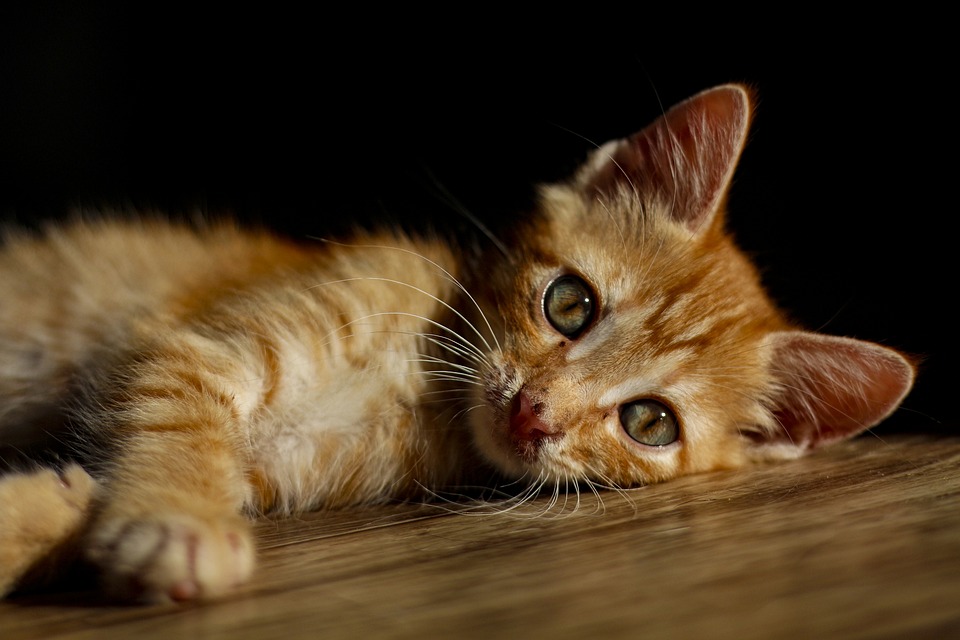By vaccinating your cat, you are taking a proactive step towards protecting their health and preventing the spread of dangerous diseases. Vaccinations work by stimulating the cat’s immune system to recognize and fight against specific pathogens, such as viruses or bacteria. This prepares the immune system to respond quickly and effectively if the cat is exposed to the actual disease in the future.
There are two main types of cat vaccines: core vaccines and non-core vaccines. Core vaccines are recommended for all cats due to the high risk of exposure and severity of the diseases they protect against. These include vaccines for feline panleukopenia, feline calicivirus, feline herpesvirus, and rabies. Non-core vaccines are optional and depend on factors such as the cat’s lifestyle, environment, and risk of exposure.
Preventing infectious diseases is the primary goal of cat vaccinations. Feline panleukopenia, also known as feline distemper, is a highly contagious and often fatal viral disease. Vaccination against this disease is crucial as it can easily spread through direct contact with an infected cat or contaminated objects.
Feline calicivirus and feline herpesvirus are respiratory diseases that can cause symptoms such as sneezing, nasal discharge, and ulcers in the mouth. These viruses can be spread through respiratory secretions and are highly contagious among cats in close quarters, such as shelters or multi-cat households.
Rabies is a deadly viral disease that affects both cats and humans. It is usually transmitted through the bite of an infected animal, most commonly wildlife such as raccoons, bats, or skunks. Vaccinating your cat against rabies not only protects them but also helps prevent the transmission of the disease to humans.
Feline Leukemia Virus (FeLV) is another potentially life-threatening disease that can be prevented through vaccination. FeLV weakens the cat’s immune system, making them more susceptible to infections, anemia, and cancer. Cats can contract FeLV through close contact with an infected cat, such as sharing food bowls or grooming each other.
In addition to protecting individual cats, vaccinations also contribute to the overall health of the cat population. By vaccinating a large percentage of cats, herd immunity can be achieved, reducing the likelihood of disease outbreaks and protecting vulnerable individuals who cannot be vaccinated, such as young kittens or cats with compromised immune systems.
Now, let’s address some frequently asked questions about cat vaccinations:
1. When should I vaccinate my cat?
Vaccination schedules may vary based on factors such as the cat’s age, health status, and lifestyle. It is best to consult with your veterinarian to determine the appropriate timing for vaccinations.
2. How often should I vaccinate my cat?
The frequency of vaccinations depends on the type of vaccine and the cat’s individual needs. Some vaccines require annual boosters, while others may be administered every three years.
3. Are there any potential side effects of vaccinations?
Like any medical procedure, vaccines can have potential side effects, although they are generally mild and rare. These may include swelling or discomfort at the injection site, lethargy, or a temporary loss of appetite.
4. Can I skip certain vaccines if my cat is indoor-only?
Even indoor-only cats can be at risk of exposure to certain diseases. It is important to discuss your cat’s lifestyle with your veterinarian to determine which vaccines are necessary.
5. Are there any risks associated with over-vaccinating?
Over-vaccination can potentially lead to vaccine-related adverse reactions. Your veterinarian can guide you on the appropriate vaccination schedule for your cat based on their individual needs.
6. What should I do if my cat misses a scheduled vaccination?
If your cat misses a scheduled vaccination, consult with your veterinarian to determine the best course of action. They may recommend restarting the vaccine series or adjusting the vaccination schedule.
7. Can a vaccinated cat still get the disease?
Vaccines are not 100% guaranteed to prevent disease, but they significantly reduce the risk and severity of infection. In some cases, a vaccinated cat may still contract the disease but may experience milder symptoms and have a quicker recovery.
8. Can cat vaccinations be administered by a non-veterinarian?
Vaccinations should always be administered by a licensed veterinarian or under their direct supervision. They have the knowledge and expertise to ensure the vaccines are properly administered and monitor for any potential adverse reactions.
9. What are the costs associated with cat vaccinations?
The costs of cat vaccinations can vary depending on the type of vaccines needed and the veterinarian’s fees. It is best to inquire about the specific costs with your veterinarian.
10. Are there any alternatives to traditional vaccines?
Traditional vaccines are the most effective and widely used method for preventing infectious diseases in cats. While there may be alternative approaches being researched, none have yet been proven as effective as traditional vaccines.
In conclusion, cat vaccinations are crucial for disease prevention and ensuring the overall health of cats. By following the recommended vaccination schedules and consulting with your veterinarian, you can provide your feline companion with the best protection against potentially life-threatening diseases. Remember, prevention is key, and vaccinations are an essential part of responsible cat ownership.








